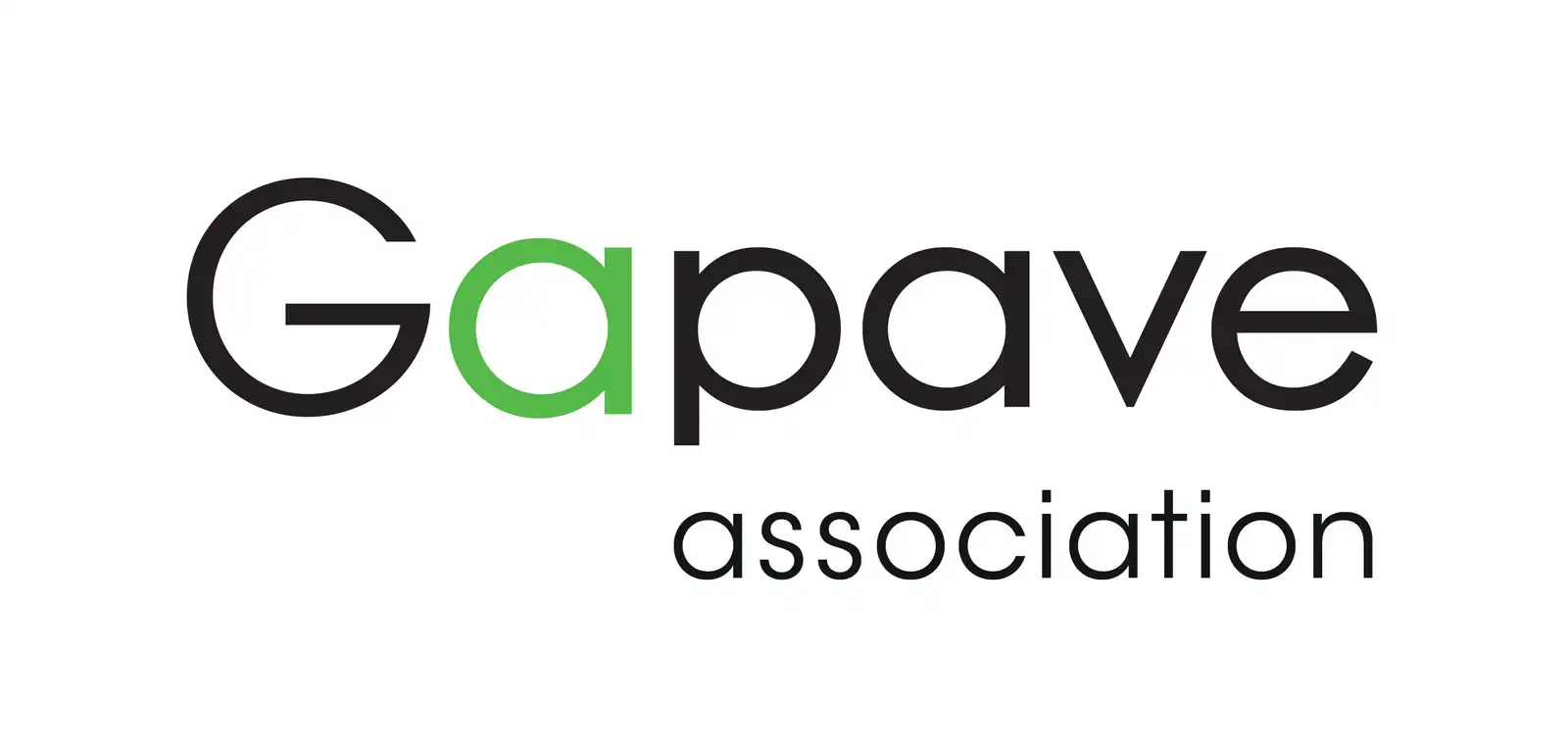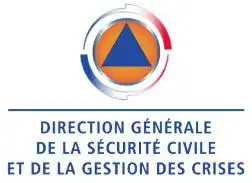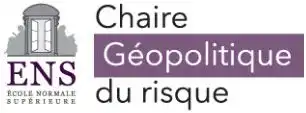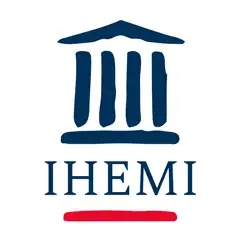
Home>Mission>Our vision
Our vision
Contemporary crisis management, always a step behind
Crises are no longer exceptional situations, associated with an event that introduces a sudden and temporary break in the normal course of things. They have become part of a new normality: because of their rapid succession, their interlocking nature and, for some of them, their duration, they have become part of the ordinary functioning of organizations and of our societies. In addition, new critical situations, the result of ongoing environmental, health, economic or social transformations, have emerged or will emerge: these creeping, latent or slow-moving crises no longer fit into the usual categories with which organizations anticipate or manage crises.
These radical changes escape the categories of understanding and action with which the anticipation and management of crises have been conducted until now. Preparedness tools are outdated, as the Covid-19 pandemic crisis has notably shown. They are still based on a brutal, linear and temporary conception of crises, as well as on a clear distinction between crisis situations and ordinary operations. These instruments (plans, exercises, dedicated organizations) tend, moreover, to transpose an existing order into a crisis situation, rather than aiming to grasp what, in a situation of disruption, is actually a crisis, and therefore requires organizations to adapt. Finally, the organization of States does not seem to be adapted to these new challenges: the hypercentralization of the French State may have hindered the rapid implementation of decisions; but the more decentralized States have conversely encountered difficulties in terms of coordination. In addition, there is the difficulty observed everywhere in conducting contradictory and ethical debates on the decisions taken or to be taken, at the risk of weakening democracy in the long term.
These limitations are reflected in the training offered in crisis management, as well as in the learning tools that organizations have acquired. The former are still too often based on a narrow conception of crises (brutal, linear and temporary), approached in a sectorial manner and focused primarily on learning crisis management tools (the crisis center, communication, information flow) rather than on tools for interpreting what constitutes a crisis and what is in crisis. Systematic feedbacks on crises experiences and other post-crisis tools suffer from other limitations: their focus on the search for dysfunctions, errors or responsibilities, to the detriment of what worked (and why); a singularization of crises that prevents their serialization and comparison; a focus on the event and its immediate consequences, which loses sight of their broader and systemic dimension. As for crisis management exercises, they are primarily intended to test management plans and train participants, according to a very orderly vision of the crisis. They rarely seek to confront participants with radically new situations or situations that take them out of existing plans, in order to test their ability to improvise and adapt.
Contacts
Olivier Borraz
olivier.borraz@sciencespo.fr
Jan Verlin
jan.verlin@sciencespo.fr
Partners





